The Independent's journalism is supported by our readers. When you purchase through links on our site, we may earn commission.
Heatwave likely as UK set to bask in highest temperatures of the year, says Met Office
Most of the country can expect the highest temperatures of the year so far next week, the Met Office says
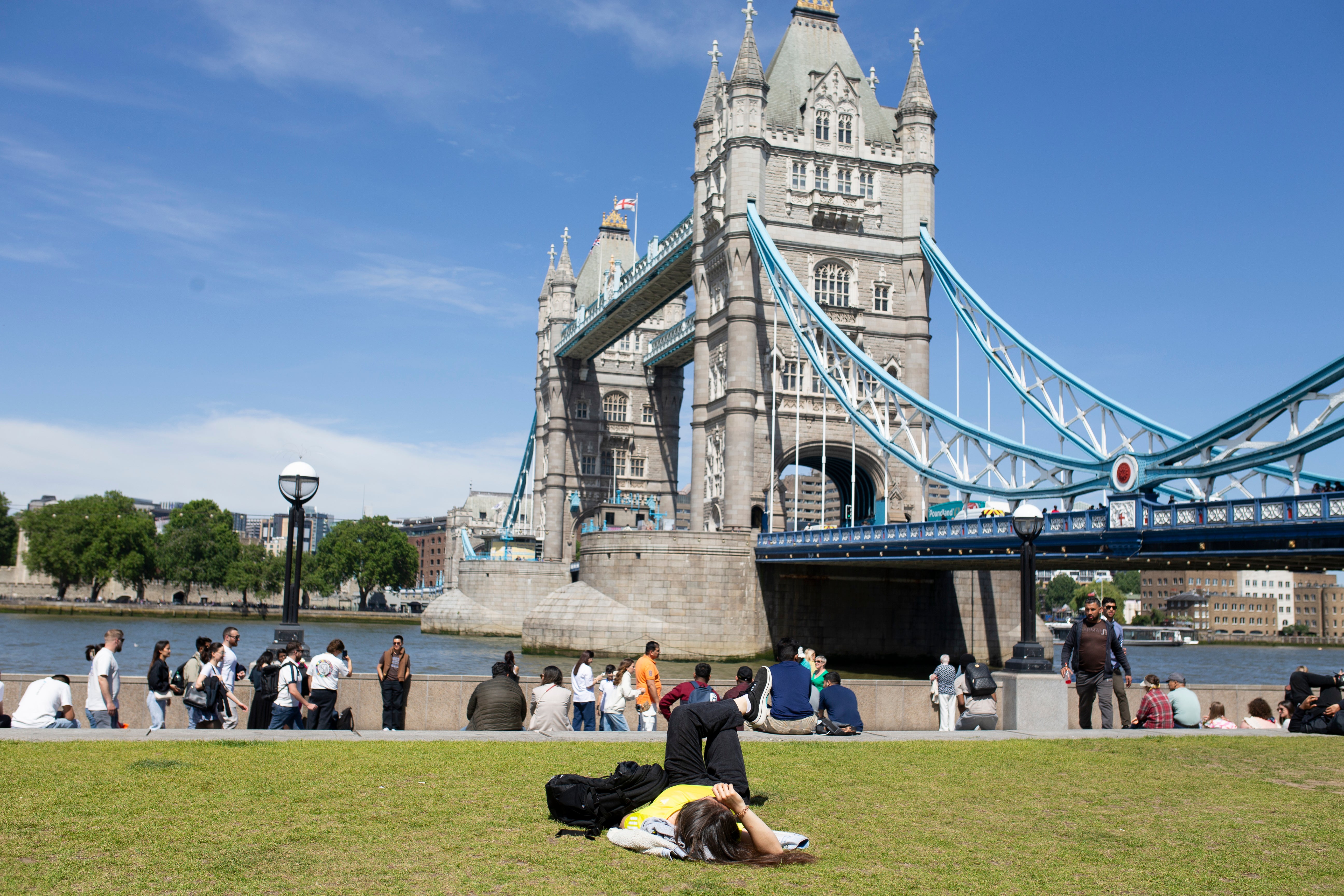
Your support helps us to tell the story
From reproductive rights to climate change to Big Tech, The Independent is on the ground when the story is developing. Whether it's investigating the financials of Elon Musk's pro-Trump PAC or producing our latest documentary, 'The A Word', which shines a light on the American women fighting for reproductive rights, we know how important it is to parse out the facts from the messaging.
At such a critical moment in US history, we need reporters on the ground. Your donation allows us to keep sending journalists to speak to both sides of the story.
The Independent is trusted by Americans across the entire political spectrum. And unlike many other quality news outlets, we choose not to lock Americans out of our reporting and analysis with paywalls. We believe quality journalism should be available to everyone, paid for by those who can afford it.
Your support makes all the difference.Britain is gearing up for a potential heatwave next week as temperatures are set to soar to 30C in some areas, the Met Office has said.
After a drizzly and chilly start to summer, Britons can finally expect things to pick up with temperatures up across the country.
Met Office chief forecaster Neil Armstrong said: “Some central and southern areas are likely to see temperatures approaching the values needed for heatwave conditions.
“Heatwave conditions need to remain in situ for three consecutive days, and by the middle of next week it is possible that some parts of the UK could be reaching heatwave thresholds.”
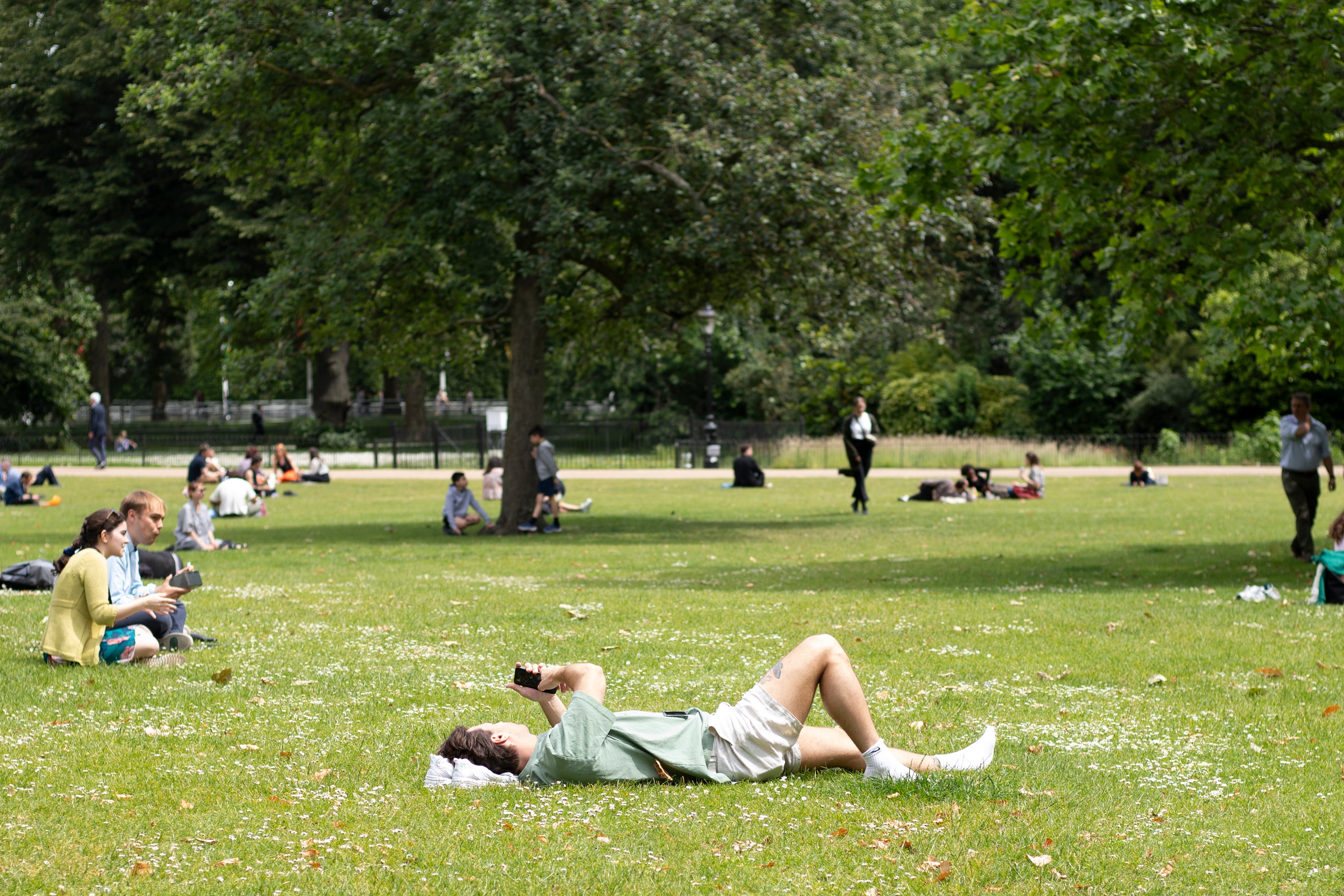
A heatwave, as defined by the Met Office, is an extended period of hot weather relative to the expected conditions of the area at that time of year.
The weather service says a “UK heatwave” is when a location has at least three consecutive days with temperatures hitting the heatwave threshold.
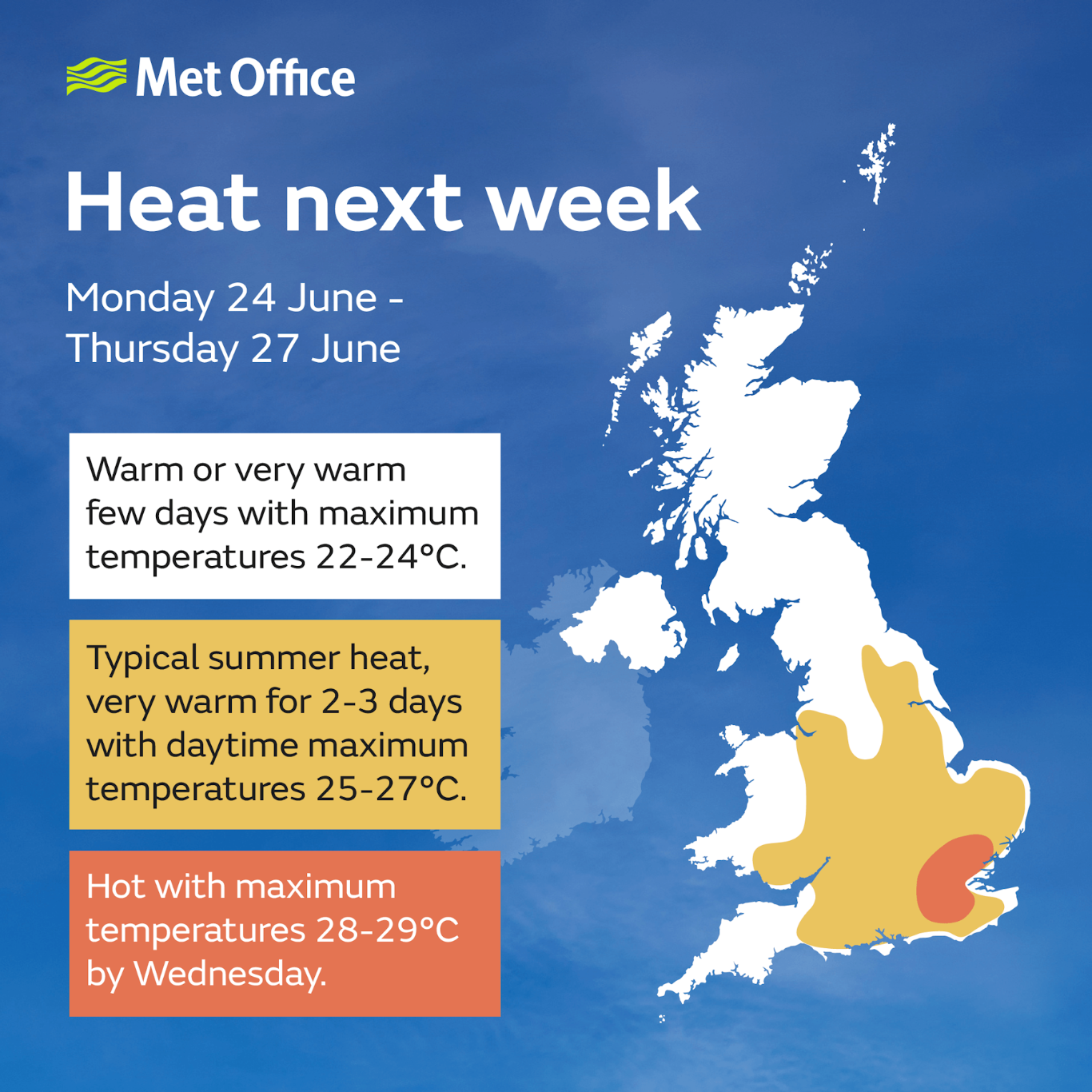
Having faced temperatures of 5C in recent weeks, the heat will be welcomed by many across the UK.
Much of the country will see temperatures in the mid-20s by midweek, while large swathes of England will see heat of up to 27C.
In the South East, this will rise to up to 29C by Wednesday.
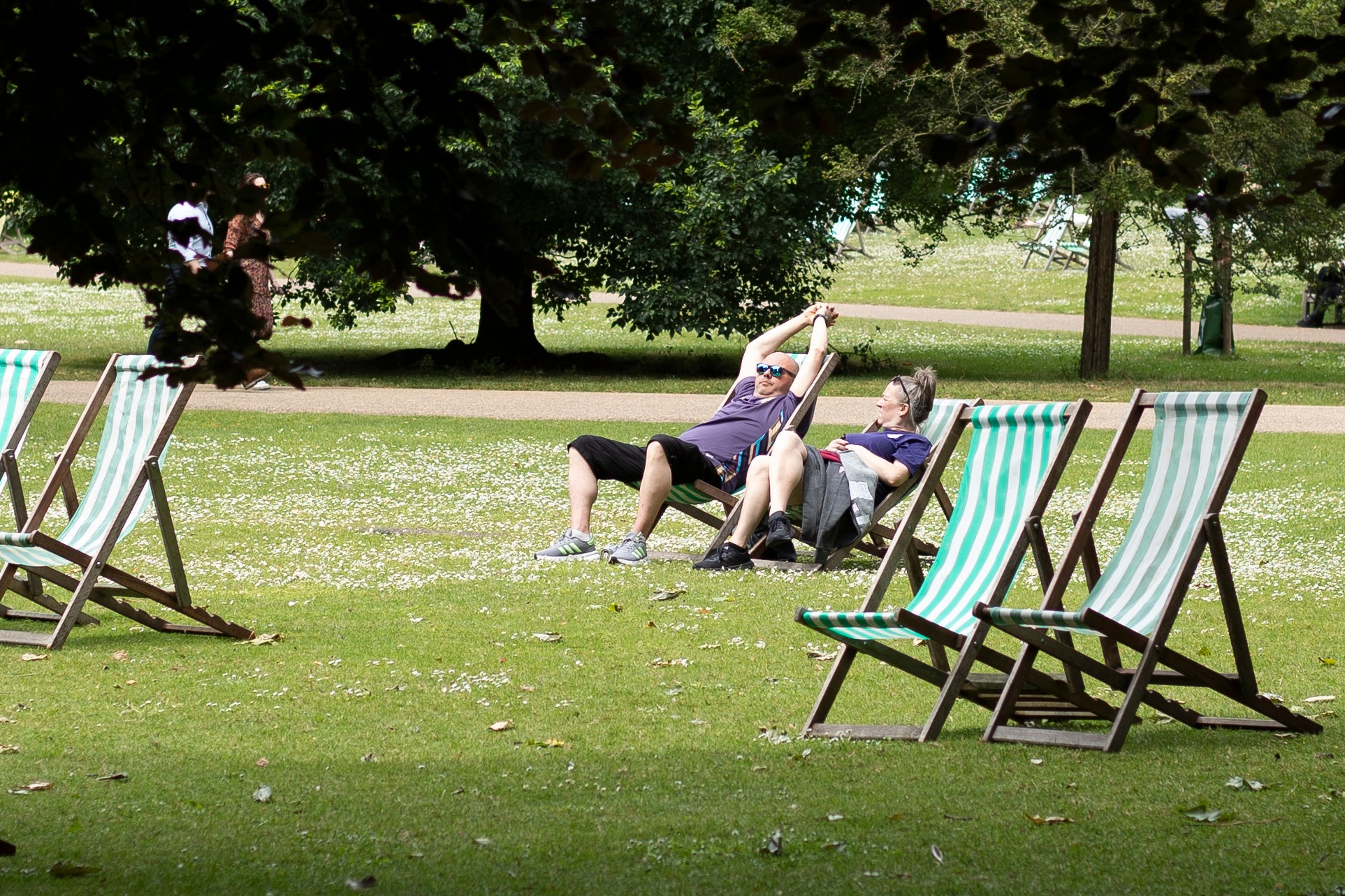
The forecasters added that there is a chance that some isolated weather stations could record 30C around the middle of next week.
“After a brief, less settled, interlude on Friday and Saturday, fine conditions will return by Sunday and into next week. For much of the UK this will be accompanied by a boost in temperatures with many places reaching the mid-20Cs by the middle of next week,” Mr Armstrong said.
“However, whether or not everyone experiences heatwave thresholds, the majority of the UK will experience the finest conditions and highest temperatures so far this year.”
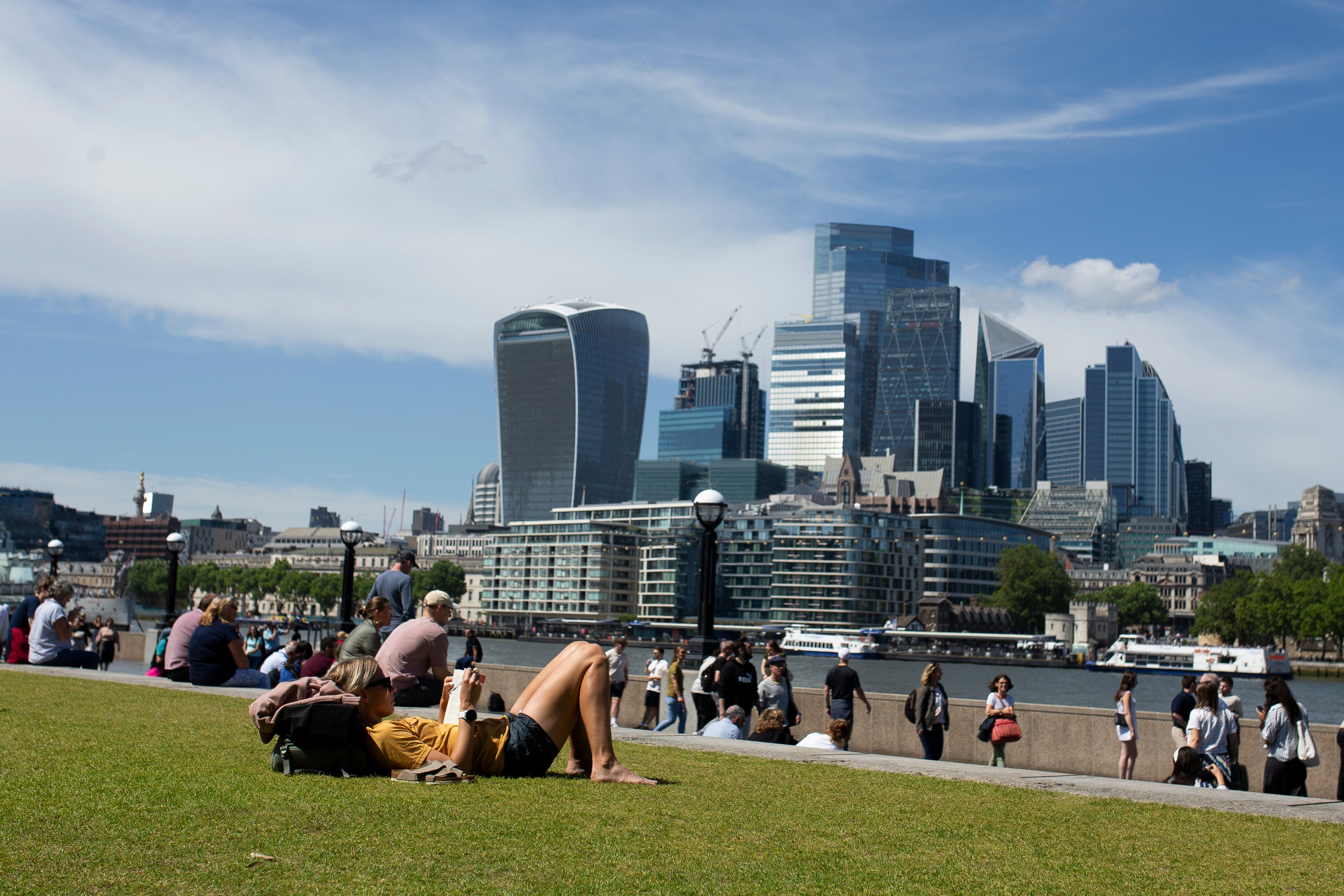
Western areas are less likely to reach heatwave thresholds as they will be affected by an approaching weak weather front on Friday and Saturday. This will bring some wetter conditions to northwestern Scotland.
As many Brits begin planning trips to the coast to take advantage of the hot weather, the RNLI issued advice and warnings for swimmers.
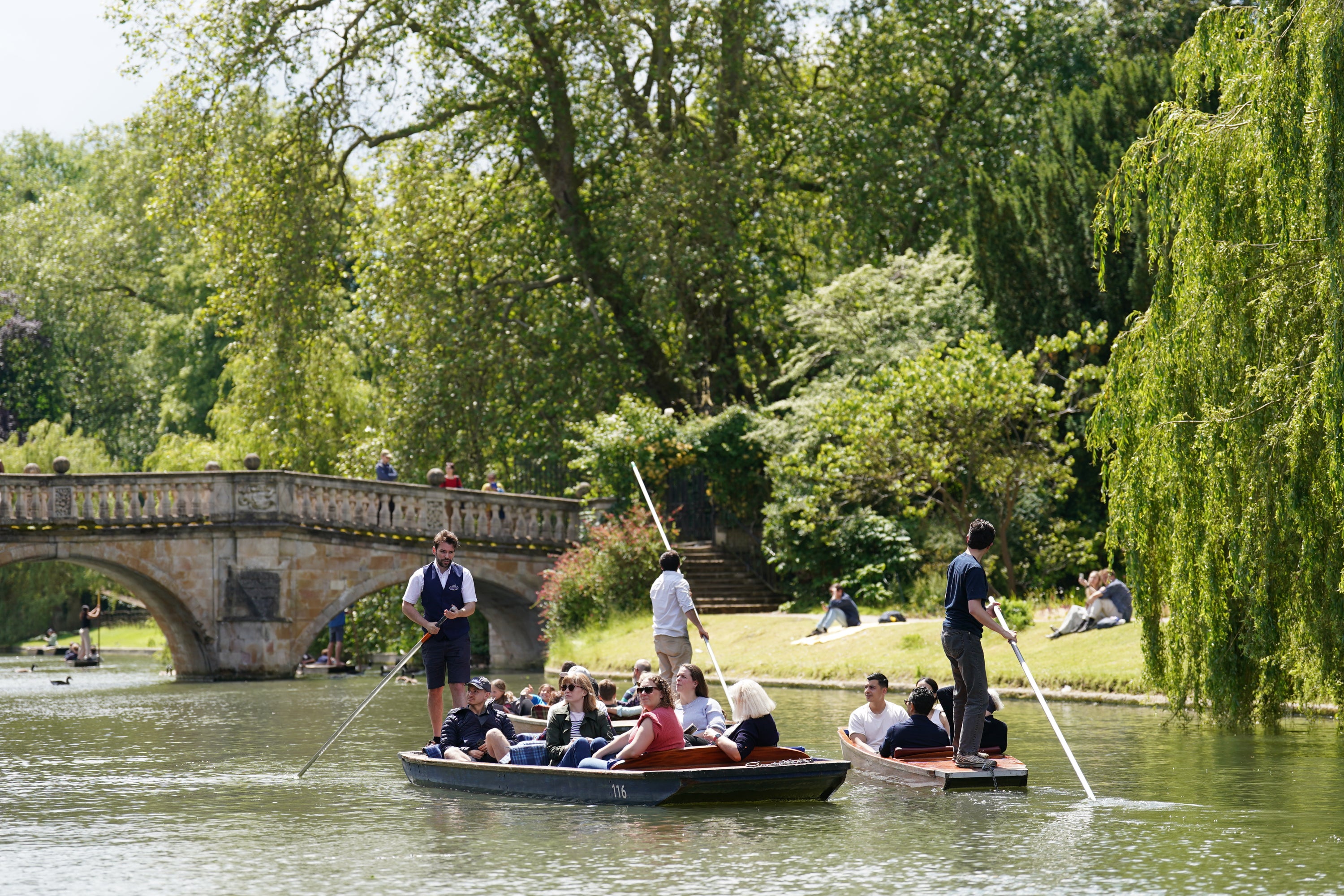
“The forecasted warm weather will mean we’ll see more visitors at the coast and we always want people to enjoy themselves safely,” Samantha Hughes, national water safety partner at the RNLI, said.
“Entering the water during warm weather can increase the risk of cold water shock due to the sudden changes in skin temperatures. Enter the water gradually and avoid jumping or diving straight in to reduce your risk of cold-water shock.
“If you’re planning on heading to the beach, we highly recommend you visit one that is lifeguarded and you swim between the red and yellow flags. This is the safest area and is most closely monitored by lifeguards.
“If you get into trouble in the water, float to live. Tilt your head back with ears submerged and try to relax and control your breathing. Use your hands to help you stay afloat and then call for help or swim to safety if you can.”
Join our commenting forum
Join thought-provoking conversations, follow other Independent readers and see their replies
Comments